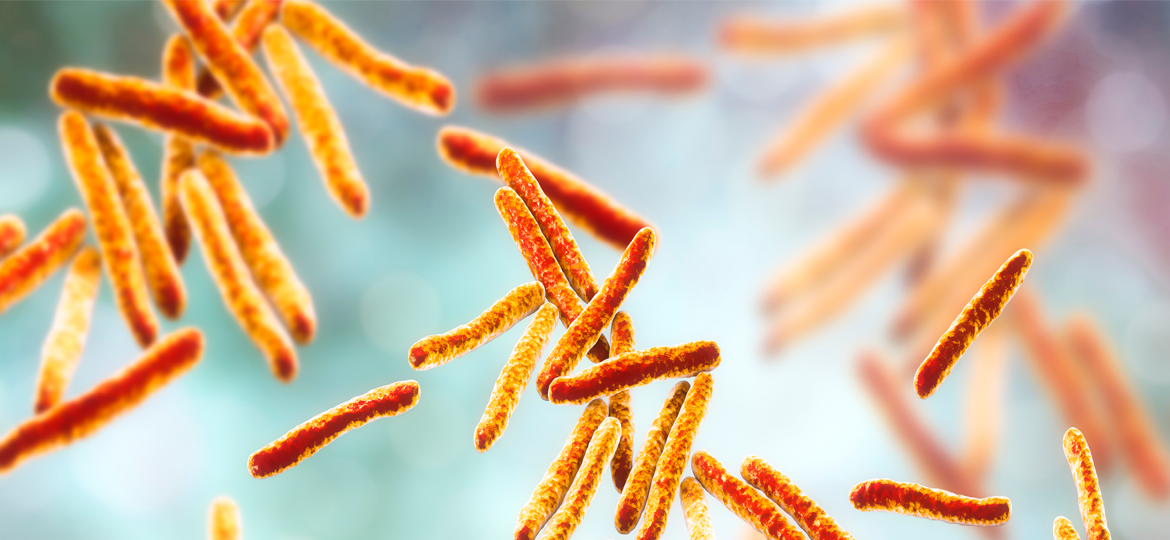
1. How Can Pomegranates Help Keep Us Healthy?
Advertisements promoting pomegranates are everywhere – they are widely depicted as the ultimate superfood. Packed full of antioxidants and useful vitamins, they supposedly produce softer, younger-looking skin, help to reduce heart problems, and can even prevent cancer. Excited by the potential offered by pomegranates, scientists are now investigating other benefits, including the possibility that the fruit has sun protection factor (SPF) characteristics.
To learn more about whether pomegranate skins can prevent sunburn, click here.

2. Can Online Gaming Help Children Learn?
Almost three years on, we are still feeling the continued effects of Covid-19. Children have been particularly affected, with home schooling and online lessons still part of many education curricula for schools across the globe. But is the increased emphasis on online education – and more particularly on online games as a learning tool – a positive or negative development?
Read this new study to form your own view.

3. How Prevalent is Tuberculosis?
For many readers, tuberculosis might seem to be a thing of the past – its mention conjuring up images of pale, emaciated women in nineteenth-century novels. However, although largely eradicated in many developed nations, tuberculosis continues to ravage many populations, especially those of less-developed countries.
Discover how tuberculosis attacks all demographics in Indonesia, here.

4. What Damage Do Pesticides Cause in Aquatic Environments?
The damage caused by pesticides on local flora and fauna is a common topic in academic journals and mainstream press coverage alike. The drive to increase agricultural yields through the eradication of pests has had significant long-term effects beyond those initially intended, including the widespread destruction of fragile ecosystems and near-extinction of many insect species (and the birds and animals that feed upon them). These effects are not limited to the fields but also impact the rivers, lakes, and seas into which the pesticides flow.
For new insights into this process, and how the consumption of contaminated produce harms humans, click here.

5. How are Prenatal Diagnoses of Hereditary Diseases Made?
Prenatal diagnosis of hereditary diseases has substantially altered the way medical geneticists are helping families affected by genetic disorders. However, the risk of miscarriage and fear of invasive diagnostic procedures may discourage many couples from seeking prenatal diagnosis. With the discovery of maternal plasma cell-free fetal DNA, prenatal diagnosis has entered a new era of progress.
Read more about new scientific discoveries and their implications here.
More from the KnE Blog

